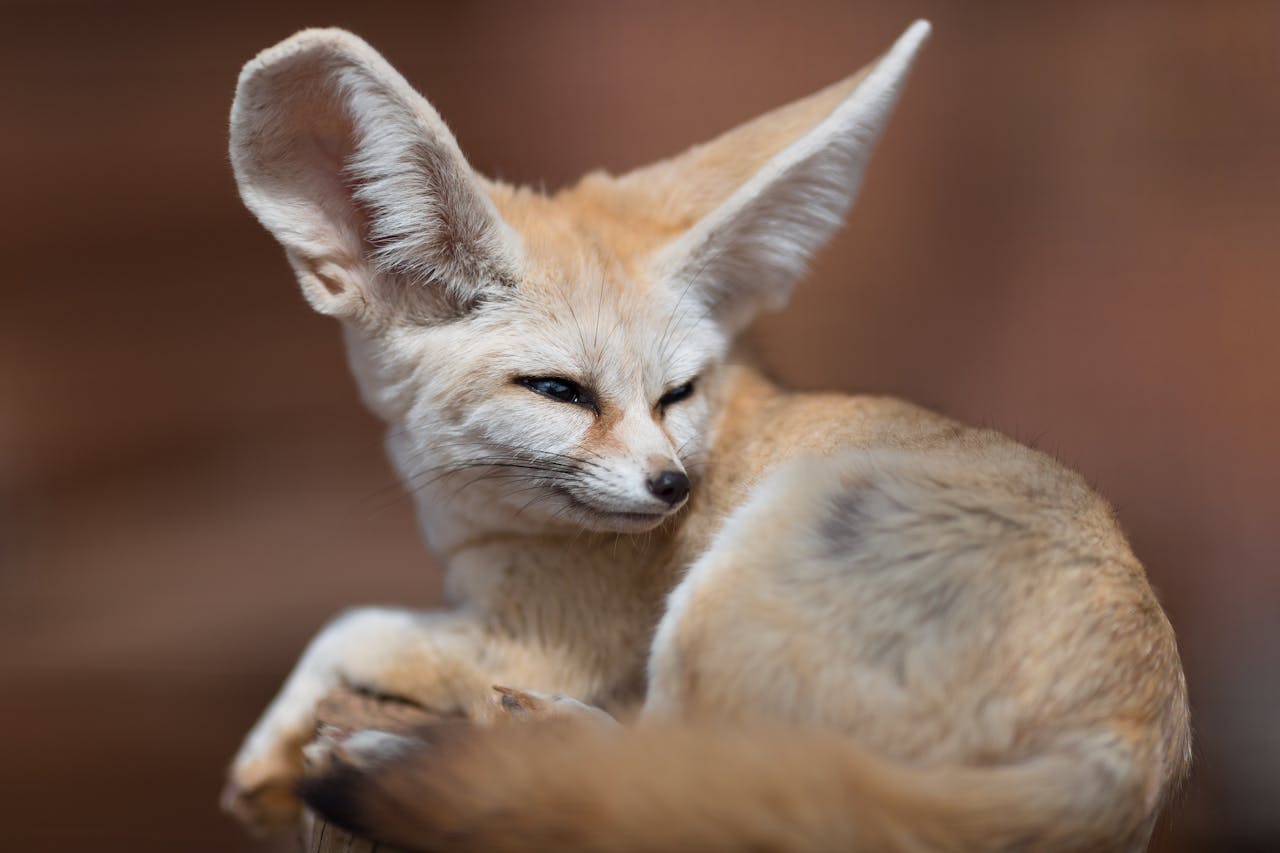Exotic animals feel fascinating from a distance, but the legal reality around them is much less dreamy. In the United States, a web of federal rules and state bans keeps certain species firmly out of living rooms. Many of these animals are powerful predators, long-lived social mammals, or wildlife already under pressure in their native habitats. Together, their restrictions tell a story about public safety, disease control, and conservation, and about how admiration sometimes has to stop at the edge of the enclosure.
Big Cats That Never Stop Being Wild
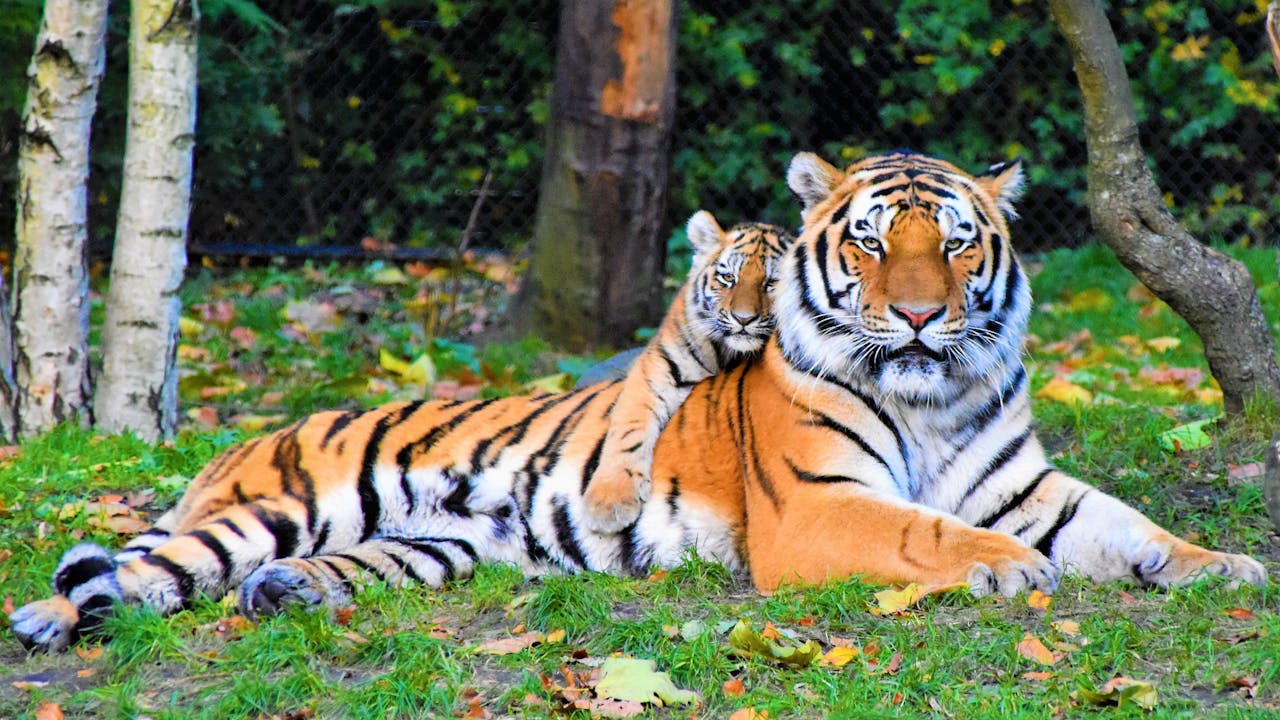
Thanks to the Big Cat Public Safety Act, private ownership of tigers, lions, and similar species has been essentially frozen in place. New pets are off limits, and only accredited zoos, sanctuaries, and a few qualified facilities can keep them under strict oversight. Even individuals who already had big cats must now register them. These animals remain apex predators, capable of serious harm in seconds, and they need huge, enriched spaces that backyard cages simply cannot match.
Marine Mammals That Belong In The Ocean
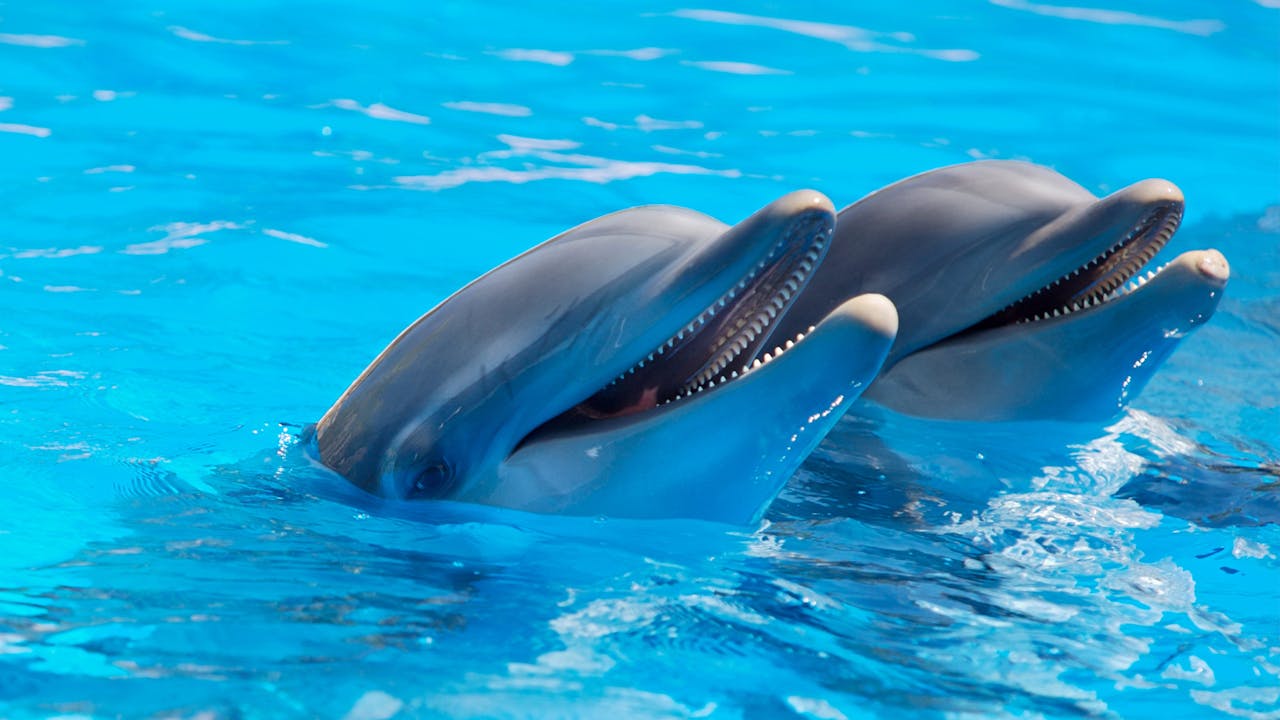
Dolphins, seals, sea lions, and other marine mammals are protected under the Marine Mammal Protection Act, which places a broad moratorium on capturing, importing, or harassing them. Only facilities with federal permits, like aquariums and rehabilitation centers, can legally hold them. In small tanks, these intelligent swimmers face chronic stress, limited movement, and unhealthy social conditions. The law reflects an understanding that real welfare for marine mammals requires deep water, long ranges, and complex natural behavior, not a converted backyard pool.
Eagles That Carry More Than Symbolism
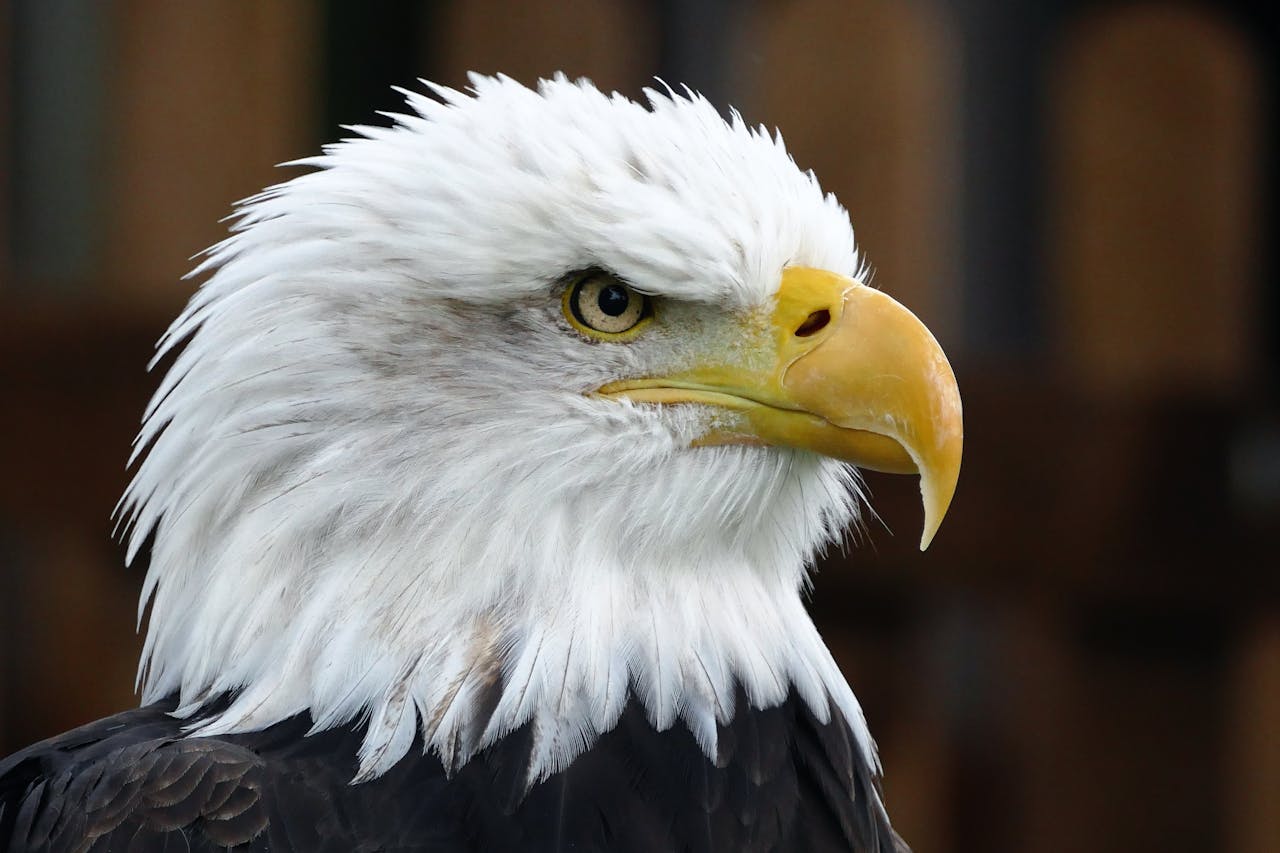
Bald and golden eagles are barred from private ownership by some of the strongest wildlife protections in the country. The Bald and Golden Eagle Protection Act makes it illegal to take, possess, sell, or transport these birds, their nests, or even their feathers without a special permit. Violations can bring heavy fines and potential jail time. These rules grew out of a history where persecution and pesticides nearly erased eagles from many states. Keeping them wild is not just patriotic; it is a hard lesson learned.
Primates That Do Not Make Housemates
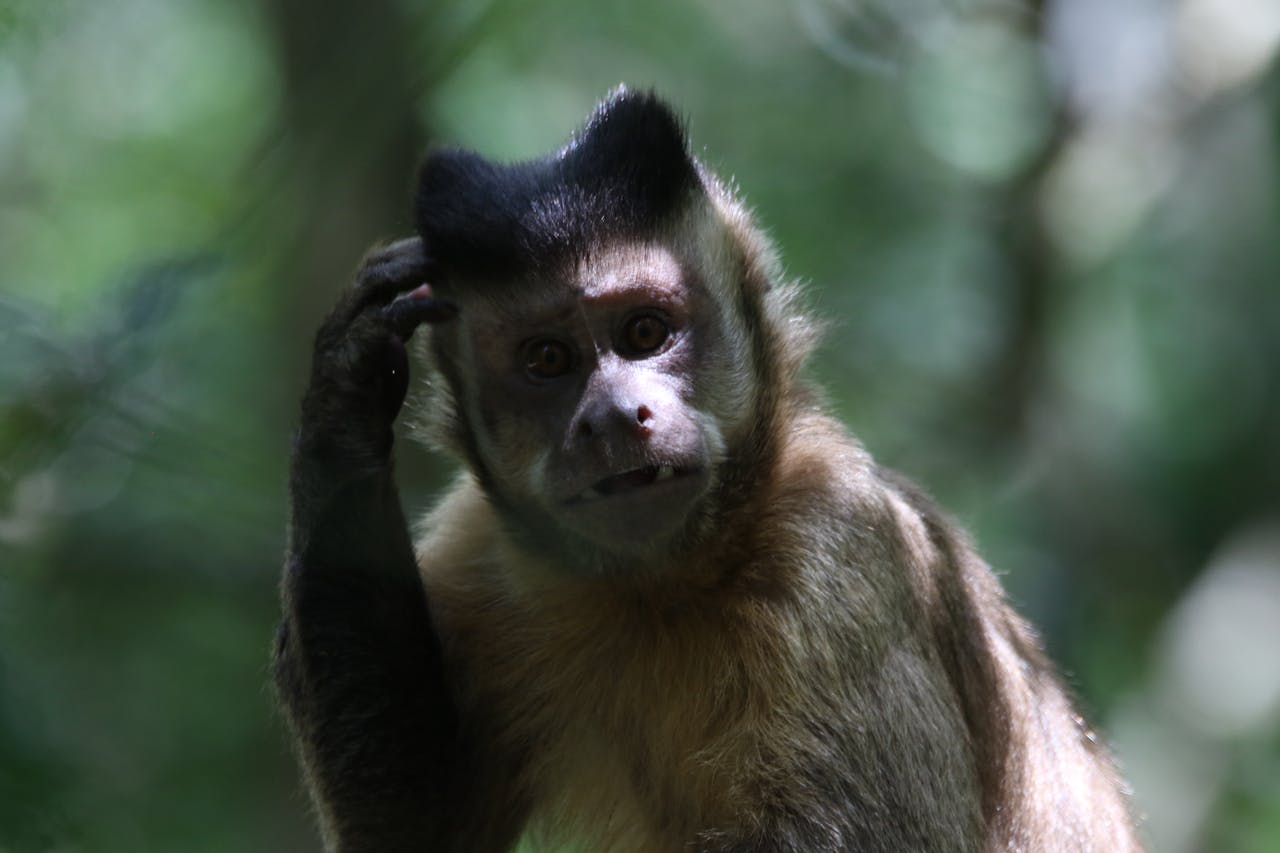
Monkeys and apes often show up in viral clips, but federal regulations treat them as strictly off limits for pet import. The Centers for Disease Control and Prevention allow nonhuman primates to enter the country only for scientific, educational, or exhibition purposes, not as personal pets. Disease risk is a major concern, since primates can transmit serious infections to humans. In homes, these intelligent, social animals frequently develop behavioral problems, bite injuries, and deep stress when separated from the rich group life they evolved to navigate.
Giant Constrictor Snakes That Reshape Ecosystems
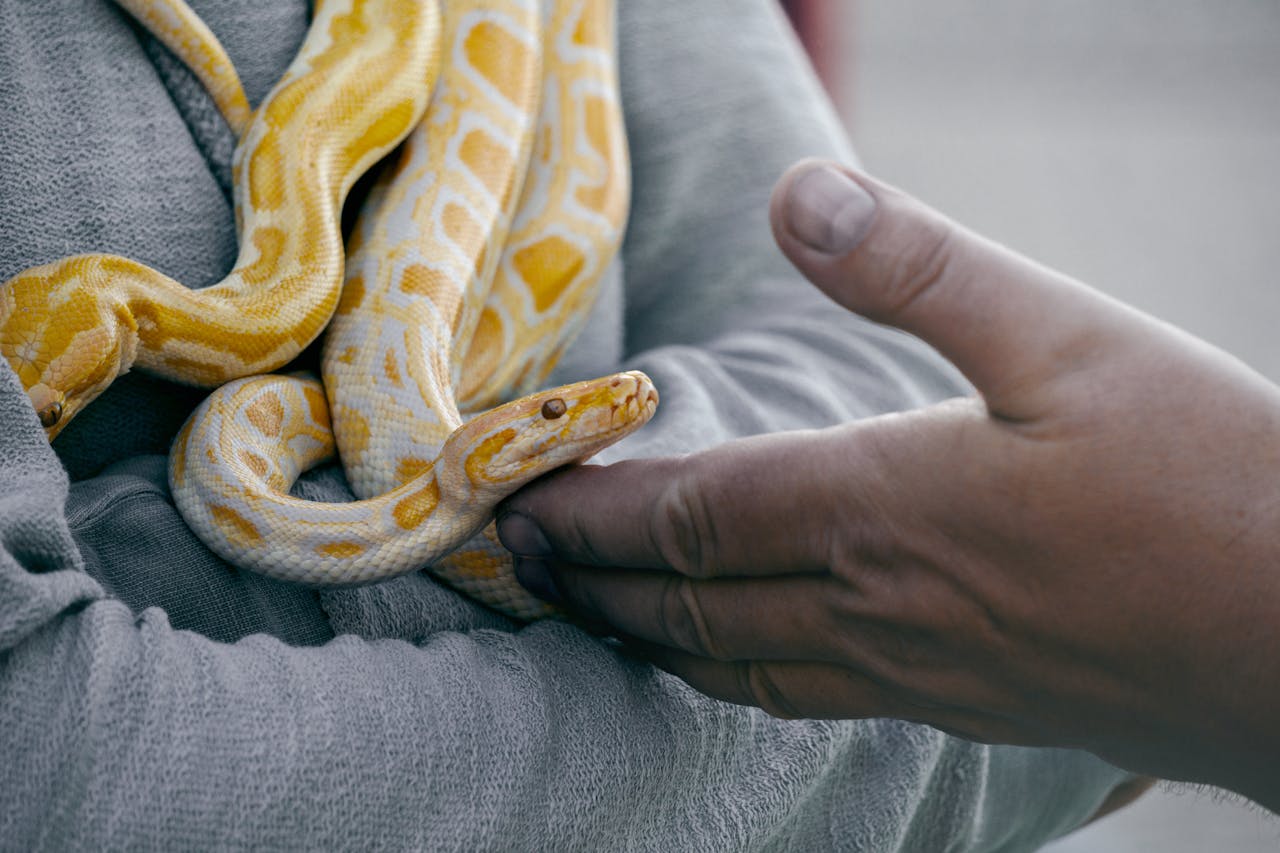
Large constrictor snakes such as Burmese pythons have moved from novelties to cautionary tales. Once popular in the pet trade, released or escaped individuals helped create an invasive population in the Florida Everglades that preys on native mammals and birds. Federal restrictions now treat several giant snake species as injurious wildlife, limiting import and transport. Even outside legal rules, responsible herpetology groups warn that snakes reaching lengths over 10 or 12 feet bring serious handling risks, heavy housing demands, and long life spans that many owners cannot realistically support.
Alligators That Outgrow Every Backyard
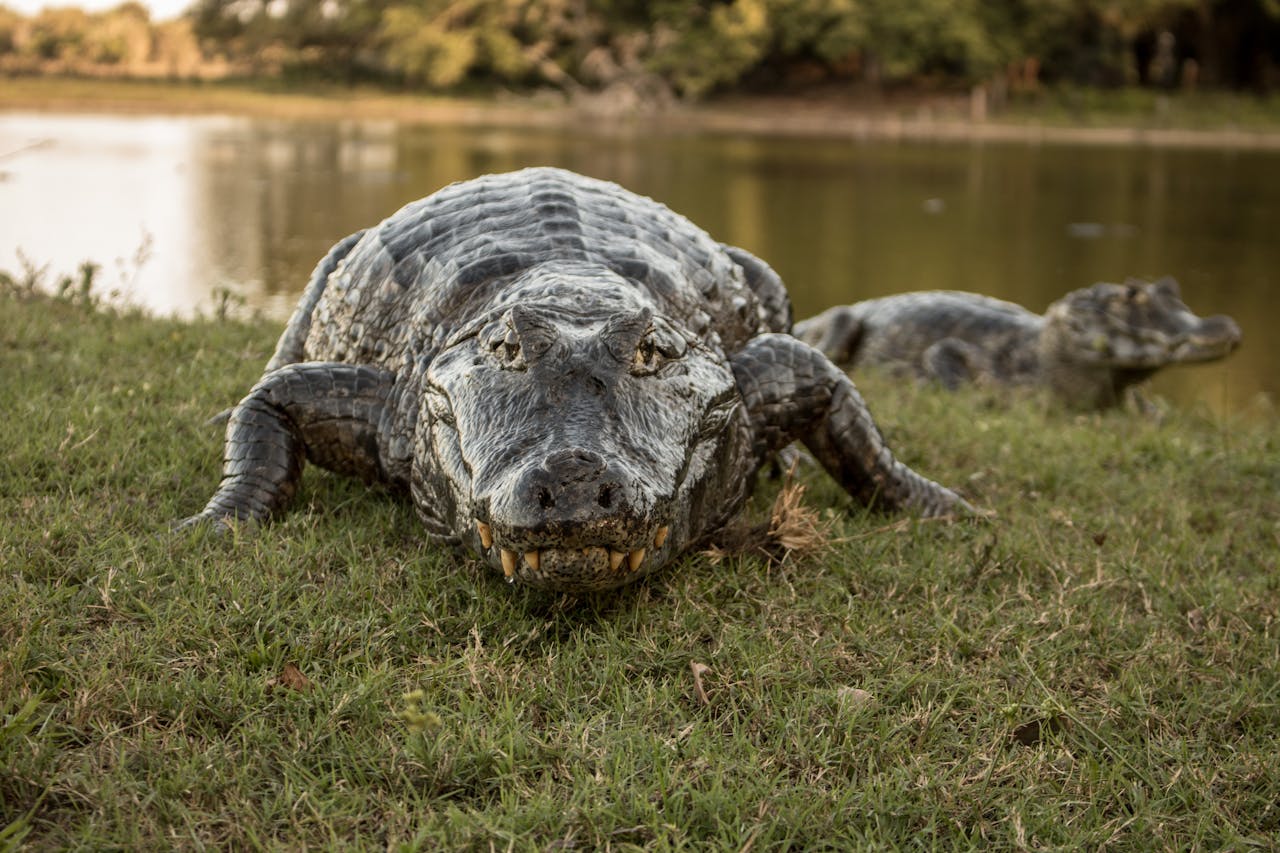
American alligators and other large crocodilians sit at the intersection of wildlife law, public safety, and sheer practicality. In many states and cities, they are on explicit lists of prohibited animals, grouped with big cats and venomous reptiles. Where permits exist, they are generally meant for zoos, farms, or licensed exhibitors, not casual hobbyists. These reptiles may arrive as seemingly manageable juveniles but can grow into massive, territorial animals with bone-crushing bites. At that point, relocation becomes dangerous for both people and the animal itself.
Raccoons That Stay Wild Behind The Mask
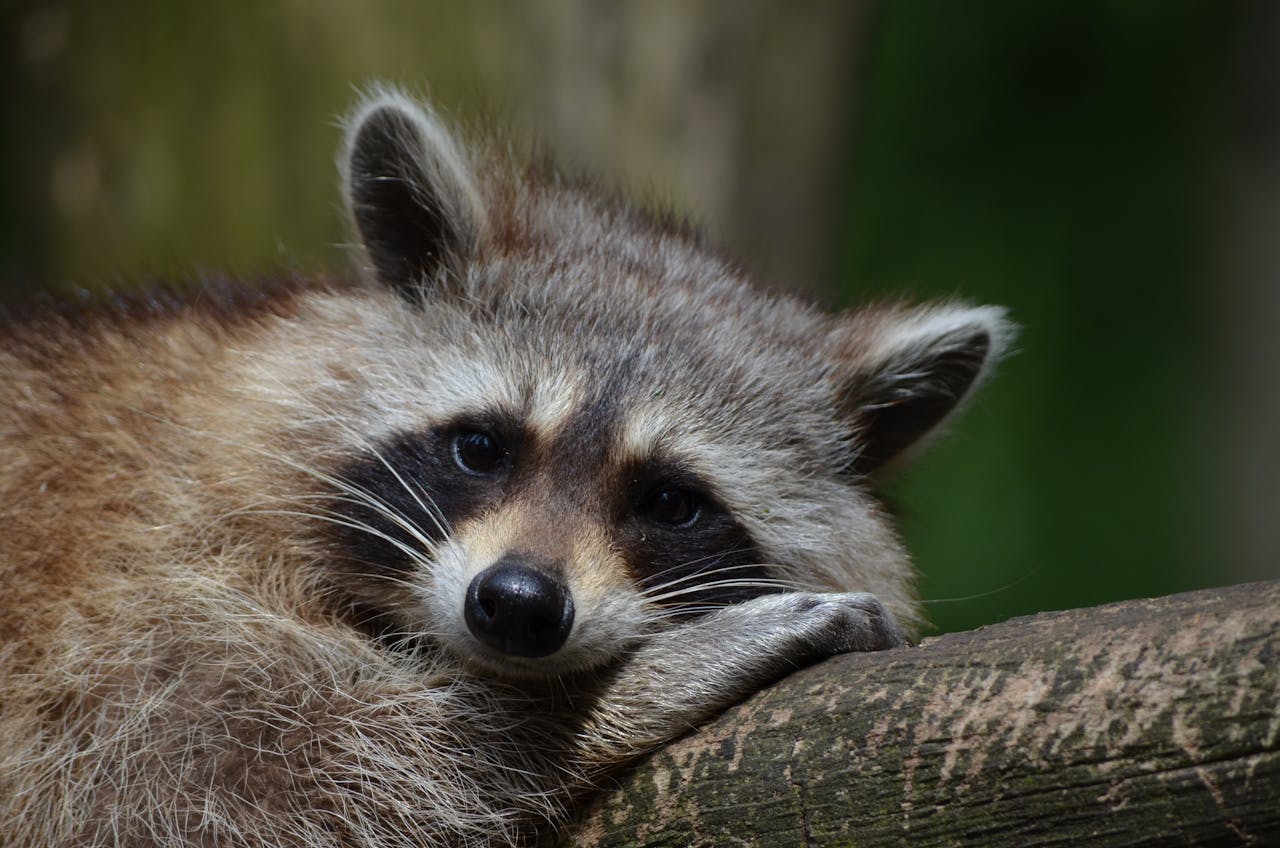
Raccoons often look like mischievous little roommates, but most jurisdictions treat them firmly as wildlife, not pets. In many states, private ownership is banned outright or limited to special licenses, largely because raccoons can carry rabies and other diseases. Where hand raising does happen, animals still tend to bite, shred furniture, and fixate on food raids once adolescence hits. Wildlife officers may have to confiscate and test unpermitted raccoons for disease, a process that can end in euthanasia and regret for everyone involved.
